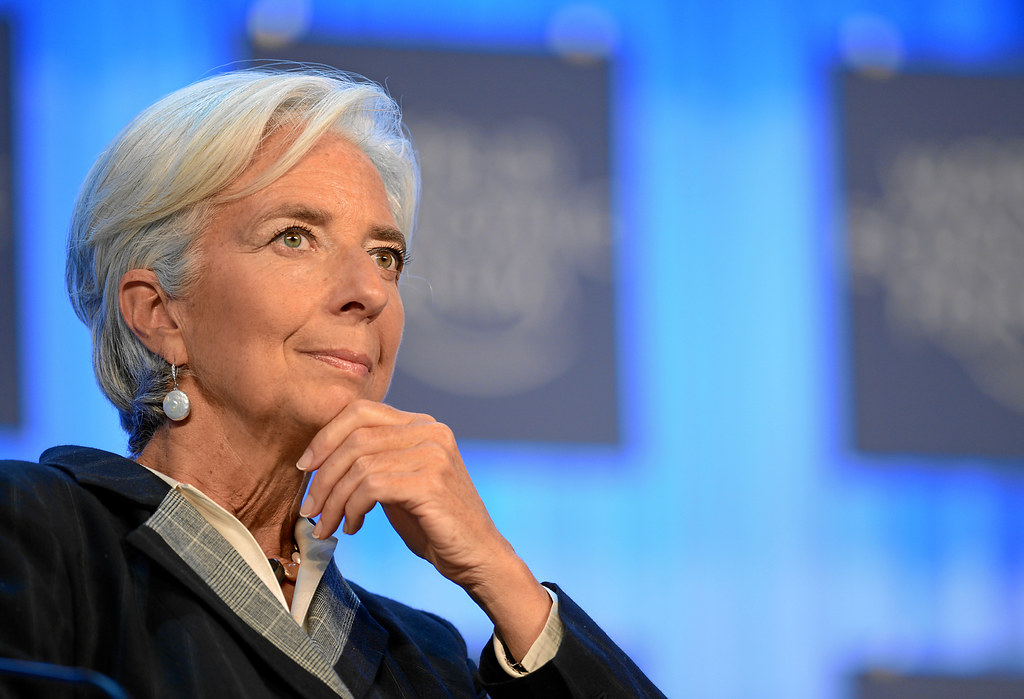The Guardian reports that divisions over the legality of granting Ukraine a €30 billion loan from €270 billion in seized Russian state assets are expected to surface at this week's G7 finance ministers meeting in Stresa, northern Italy. Also, the US is actively seeking support for the plan, which aims to aid Ukraine's reconstruction efforts or supply much-needed arms, marking another significant test of political will regarding Ukraine.
The debate on using frozen Russian state assets for Ukraine has been stalled for over a year, with advocates unable to gain support within G7. The proposal to use these assets as loan collateral has caused rare disagreement between the US and Germany.
Christine Lagarde, the European Central Bank president, raised legal and economic objections to fully seizing the assets last week. However, the US, strongly backed by the UK, is determined to circumvent these objections, as Washington proposes mobilizing frozen Russian assets to provide a large loan to Ukraine, with interest paid from the assets' annual profits, rather than seizing or confiscating them. Seizing the Russian central bank assets for immediate reparations is ruled out.
Lagarde argued that seizing assets would threaten financial system stability, undermine state immunity, and prompt countries like China and Gulf states to avoid Western reserve currencies, fearing their funds could also be seized.
Before the G7 meeting, the US and UK argue for a €30bn loan to Ukraine, funded by profits from frozen Russian assets, instead of smaller annual sums like €500m. They propose using Russian central bank assets as reversible collateral until reparations are paid. Critics contend this amounts to confiscation. The EU has already struggled to agree on giving Ukraine interest from seized Russian assets.
Read also:
- EU agrees to use profits from frozen Russia’s assets to support Ukraine
- Politico: Non-military option for neutral countries in EU plan on using frozen Russian asset proceeds
- Scholz backs using 90% of frozen Russian asset proceeds for Ukraine arms
- G-7 may utilize frozen Russian asset revenues for a $50 billion aid package for Ukraine

